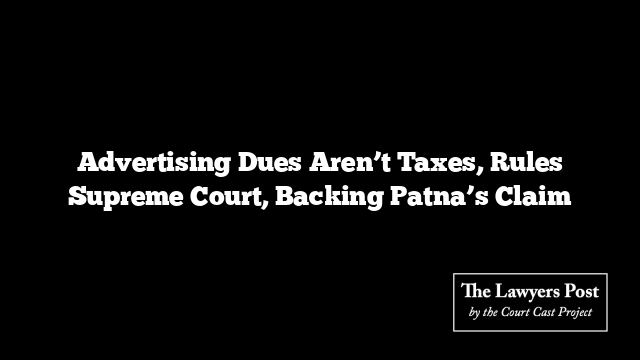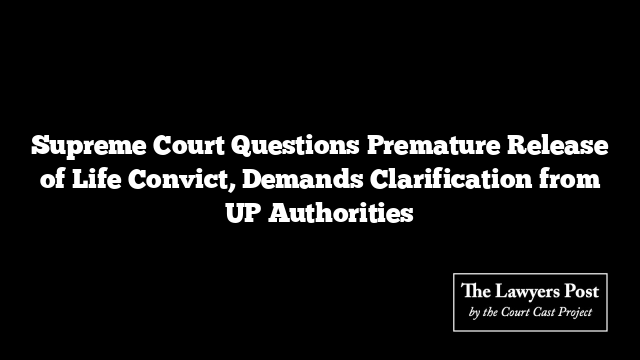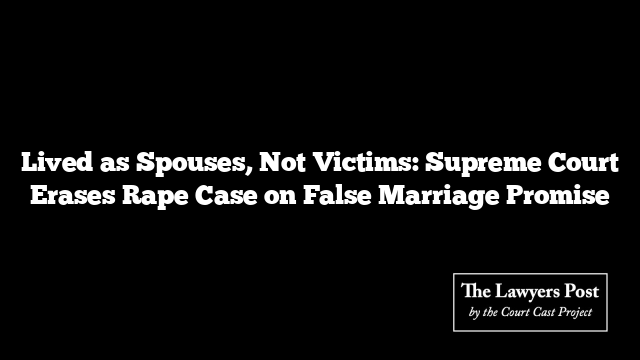In a decisive ruling, the Supreme Court has clarified that the fees charged by municipal bodies for advertising hoardings do not constitute taxes. This judgment overturned a previous decision from the Patna High Court that had instructed the Patna Municipal Corporation to refund these charges, arguing they were unauthorized under constitutional provisions.
The court, comprising Justices Vikram Nath and Ahsanuddin Amanullah, explained that calling the ‘royalty’ a tax was incorrect since the two terms carry distinct legal implications. Referring to an earlier ruling involving the Mineral Area Development Authority and the Steel Authority of India, the court emphasized that royalties and taxes are fundamentally different concepts, and one cannot substitute the other.
“The nomenclatures of tax and royalty cannot be used interchangeably in law,” the judgment read. “There is no basis to view this royalty as a compulsory exaction or to treat it as a tax. Both serve different purposes with distinct connotations.”
The dispute arose after the Patna Municipal Corporation imposed a per-square-foot royalty on advertising companies for installing billboards. While these companies initially accepted the fee, some later contested it, prompting the legal challenge. However, the Supreme Court noted that agreeing to the payment initially prevented these firms from contesting it unless the levy was inherently unlawful or motivated by malice.
With the court ruling in favor of the corporation, it also directed a fair resolution. The companies must now pay the enhanced rate of ₹10 per square foot, with simple interest at 6% per year. Any delays will attract a higher 10% interest, recoverable under public demand recovery laws.
This decision reinforces the autonomy of local bodies to impose royalties, provided they do not blur the legal line between royalties and taxes.





